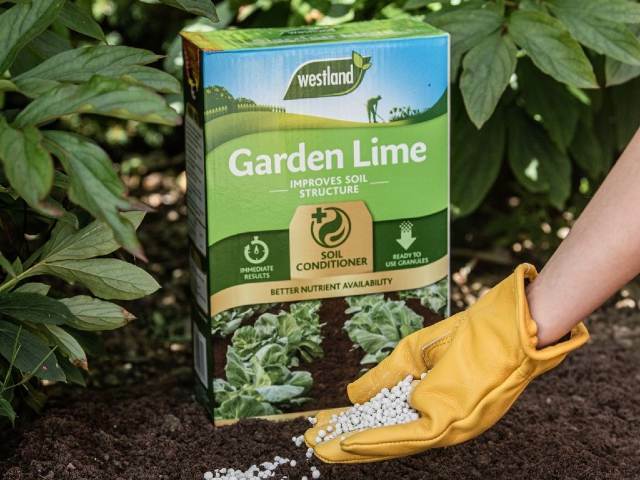
Many gardeners wish to use lime to enhance their garden soil, but are unsure on how to do it. There is also a common misconception about what lime actually does and whether it's a soil amendment or soil conditioner. Some experts consider lime to be a soil amendment while others consider it to be soil conditioner. This can leave an average home gardener confused. Not to mention it becomes even more confusing when it comes to proper application of lime and what lime can actually bring to your garden.
Why Use Lime?
While its application is often confusing and while many experts disagree on what's the correct way to use lime, it's important to emphasize that lime can greatly benefit your garden so you should definitely consider it.
In order to apply lime in your garden and to use it with the best effect, however, one must understand what lime can do to your garden soil. The first thing you need to understand is that there is no one, unified answer to this question and, like stated above, many experts disagree on the best usage of lime. These are just some of considerations you need to make when thinking about using lime in your garden.
Lime is used in gardening for several different purposes. Perhaps the most important of them all is to change an acid soil to more suitable one for particular plants (such as vegetables). Acid soil is a major problem in many gardens. It can make it very difficult to grow many popular types of plants, so it's important to change the soil acidity to an acceptable level. Lime can be used to remedy the soil and make it suitable for growing plants that can't thrive in acid soil.
Most plants prefer soil which is only slightly acidic. In case the soil in your lawn is medium or very acidic it's important to change the acid levels, and you can achieve this with lime. You can use lime to neutralize the acidity so you can grow healthy plants in your garden.
Acid soil is problematic for many plants because some elements needed for plant development and health are combined with other chemicals so they form insoluble compounds. These conditions are unfavorable because they make a lot of the food in the soil (as well as any fertilized you might want to apply) unavailable. Plants can simply not thrive under these conditions.
When you add lime mixed with the soil, the acidity is neutralized. It means that the reaction within the soil is changes so all the various plant food elements can freely form soluble compounds plants can use. It makes plants grow healthy and strong, which wouldn't be possible in the acidic soil.
It's important to emphasize that the majority of cultivated plants prefer soil that's not acidic. However, there is a certain group of plants that can thrive only in acidic soil, so it's important to take this into account. Always check on the optimal pH values needed for growing plants you are interested in.
Soil Activity
Another thing gardeners need to take into account is the soil activity. It's important to understand what's going on under the surface of a good garden soil. There are numerous animals and microorganisms present in the soil and they can largely improve the soil quality and help your plants thrive.
Earthworms are very important for improving the soil texture while various types of bacteria break down all complex compounds in the soil (as well as fertilizers) and convert them into simple forms available to the plants. It's also important to remember beneficial fungi responsible for making humus out of compost, plant roots and other debris present in the soil.
A healthy soil has a lot of soil activity: hundreds of different microorganisms and animals are constantly working and improving the soil. Their presence basically makes the difference between a "dead" and "live" soil. Live soil is important for gardening because it makes the plants thrive. However, microorganisms can't live in acidic soil. As the acid levels rise, it becomes impossible for these organisms to live, which greatly reduces the soil quality. This is another reason why applying lime is beneficial: by lowering the acidic levels in the soil, lime makes it possible for microorganisms to live and further improve the soil quality.
Improving Soil Texture
Another important reason to use lime is to improve soil texture. Clay soils have particles that are very fine and certain properties in the lime can make these particles stuck together into large units. This is how a crumb structure is formed, which can provide a much better aeration and drainage.
In case your garden soil has a heavy clay content it may be wise to use some lime to improve the soil texture. You might also use lime to improve the quality of sandy soils. It can be used for compacting by adding some fine particles to the sand particles. This way, the soil becomes more moisture-retaining.
Other Applications
Lime can have other applications in the garden:
- Controlling pests. Lime (particularly the hydrated type) is very dusty. It makes difficult for insects to breathe if they are covered with it. This way, lime can help with pest control.
- Disinfection. Lime is actually a great disinfectant and it's one of the oldest materials used to control various diseases in the soil and on the plants. Since moisture is an important element when it comes to spreading of diseases, lime can help in drying this moisture, thus making spreading of the diseases difficult.
Different Types of Garden Lime
There are many different types of lime you can use in your garden. The difference mainly concerns the percentages of calcium and magnesium in the lime. It's clearly states on the bag or tag so you'll always know what type of lime you're buying. Tye most commonly used type of lime is dolomitic lime. It's popular for its high magnesium content.
Depending on your soil quality and pH values, you may want to use a different type of lime. It's important to test your soil and to ask an expert and your garden center for the most suitable type of lime for your garden.
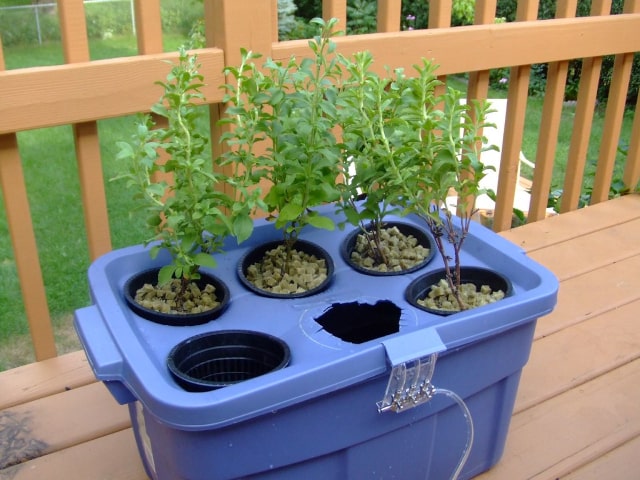
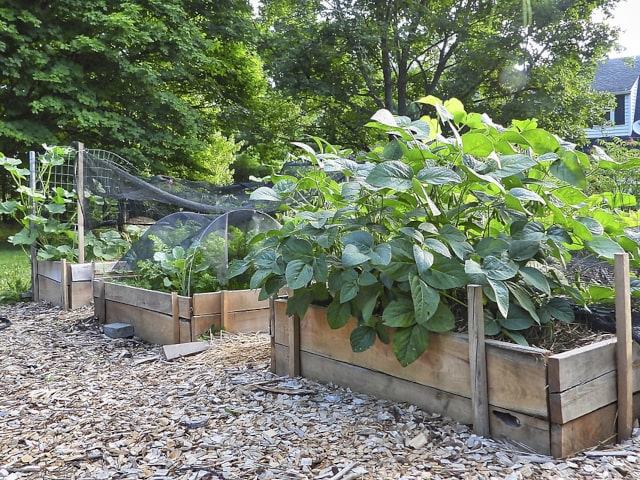
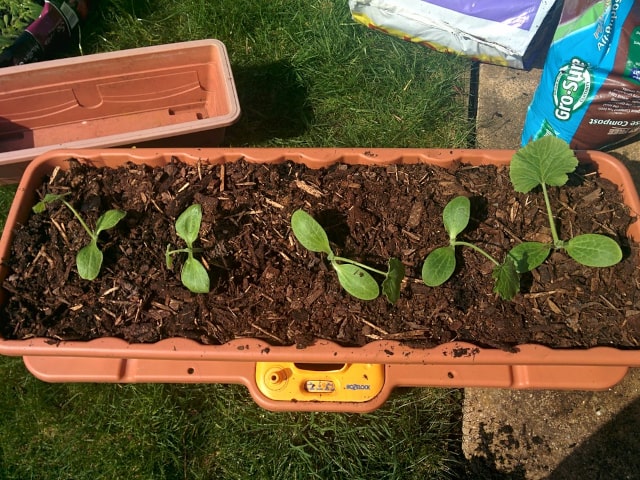
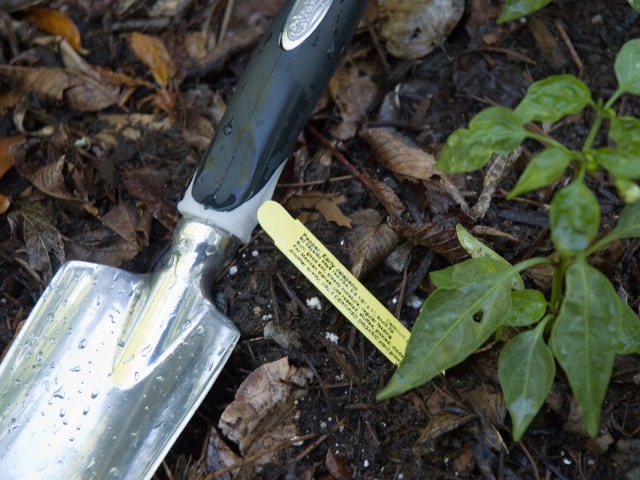
0 Comments